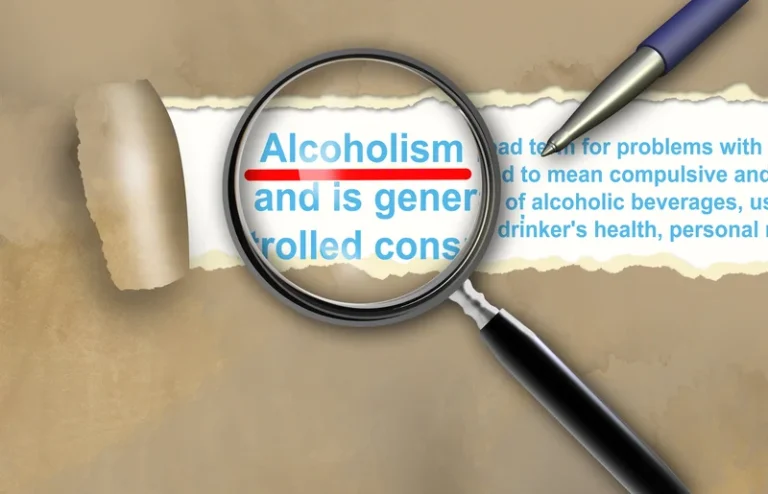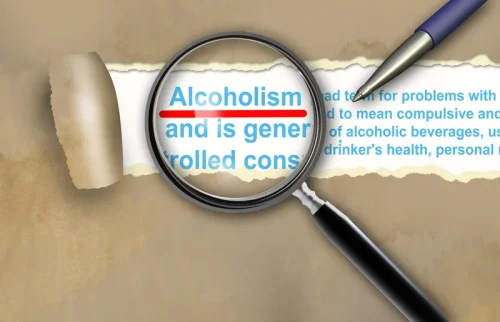Alcohol Intoxication: Acute, Symptoms, Treatments, Signs, and More
Young
November 9, 2020

Alcohol poisoning symptoms are the result of these depressant effects. During the recovery period, a person may experience a depressed mood and appetite, discomfort, and memory problems. Even after a person is released from hospital care, it can take up to a month for them to feel normal again. It may seem like a person has to drink a lot to get to this stage. But if a person drinks very quickly, they can get to this stage before long. They may also experience seizures or have blue-tinged or pale skin.
Assessment for opioid intoxication
Be aware of the alcohol content of what you're drinking and adjust how much you drink based on this knowledge. Unlike food, which can take hours to digest, the body absorbs alcohol quickly — long before most other nutrients. Some people may be able to drink more alcohol than others, with fewer effects. Having too much alcohol in your blood stops your body working properly and can be life-threatening. You'll need to go to hospital to be monitored if you have alcohol poisoning.
What’s the outlook for alcohol intoxication?

Most states have Good Samaritan laws, which allow people to call 911 without fear of arrest if they're having a drug or alcohol overdose or see someone else who is overdosing. Treatment for alcohol intoxication, poisoning, and overdose typically takes place in the emergency care setting and is supportive, which means it is designed to help manage symptoms and avoid complications. Emergency medical staff will take steps to ensure a person’s medical stability and safety to help them recover and survive. Ethanol toxicity results from the ingestion of large amounts of ethanol, usually in the form of alcohol. It affects multiple organ systems in both the acute and chronic phases. This activity outlines the evaluation and management of ethanol toxicity and reviews the interprofessional team's role in managing patients with this condition.
What to Know About Alcohol Poisoning and How to Treat It

Isopropanol is a GI irritant and may cause abdominal pain, vomiting, diarrhea and hematemesis (1, 2). The accumulation of calcium oxalate crystals in the kidney may cause varying degrees of renal failure. The deposition of calcium oxalate in tissues, furthermore, can induce enough hypocalcemia to depresses cardiac output.
- At this stage, a man might have consumed three to five drinks in an hour, or two to four drinks for a woman.
- Caring for intoxicated patients in the emergency department comes with various other issues that require a psychiatrist’s time and effort.
- The features of opioid intoxication and opioid overdose are presented in Table 4.
- As discussed above, the measurements of anion gap and osmol gap are not sensitive nor specific enough to definitively diagnose or rule out toxic alcohol poisoning.
Professional Associations of Medical and Nonmedical Addiction Specialists

It can be hard to decide if you think someone is drunk enough to need medical help. But it's best to take action right away rather than be sorry later. You may worry about what will happen to you or a friend or family member, especially if underage.
Alcohol Toxicity
- This may cause you to drink more, increasing your risk for an alcohol overdose.
- Volatile solvents are generally used by children and adolescents, though many adults also consume these substances.
- A certain degree of clinical suspicion is required to identify substance intoxication, especially when the patient is not spontaneously forthcoming with information.
Alcohol-related problems—which result from drinking too much, too fast, or too often—are among the most significant public health issues in the United States. Additionally, some drinks, such as mixed drinks, can have more than one serving of alcohol in them. This can make it harder to keep track of how much alcohol you’ve actually consumed. You may want to take a family member or friend along, if possible. If alcohol overdose possible, give emergency personnel information about the type and amount of alcohol the person consumed. Also, let them know how long it has been since the person stopped consuming alcohol.
It is possible to consume a fatal amount of alcohol before passing out or losing consciousness. Your stomach will continue to absorb alcohol into your bloodstream even after you stop drinking. People in this stage of intoxication are very likely to forget things happening around or to them.


With significant methanol poisonings the serum bicarbonate level can be extremely low. The optic nerve is especially susceptible to damage by formic acid, and visual disturbances occur in 29 – 72% of cases (10). These visual disturbances range from initial blurriness, to photophobia, altered visual fields and, if left untreated, eventual blindness (9).
This lack of competence has a bearing on treatment choices that should be instituted and promulgation of coerced treatment. It is generally accepted that when a person is not found to be competent, the nominated representative can be the proxy decisionmaker for the person. The treatment providers can also institute emergency treatment in the best interests of the patient. Furthermore, substance intoxication is a reversible process, so if emergency treatment is not required, then one can wait for the patient to re-attain competence as the substance intoxication wanes. Despite many people gaining a pleasant intoxicating effect from alcohol, the substance is a depressant.
